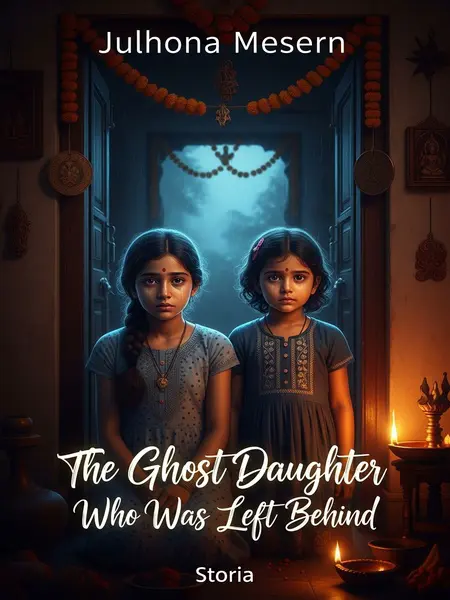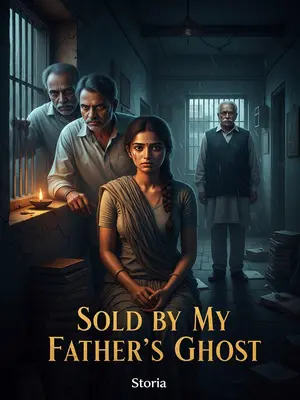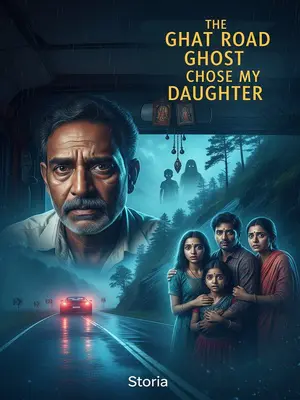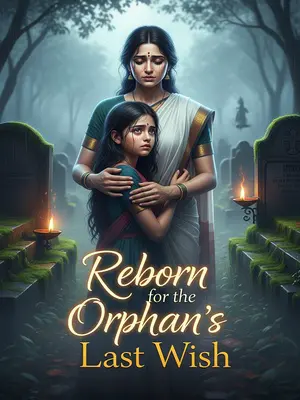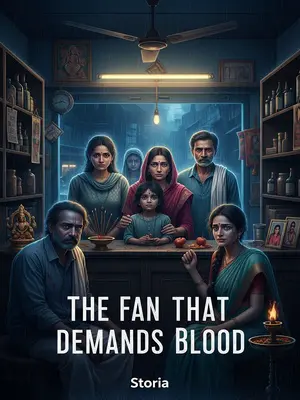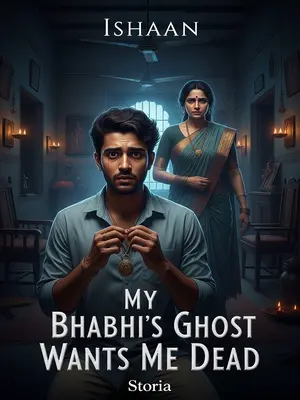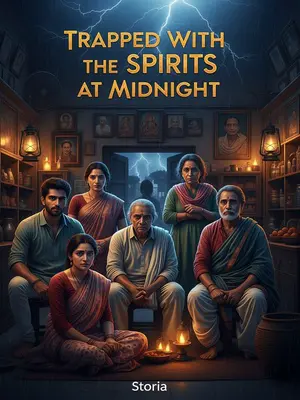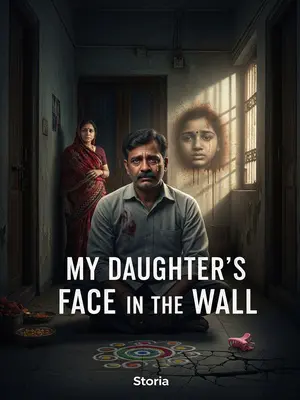Chapter 5: The Hungry Ghost
I clung to the hanging spirit, refusing to let her near Riya. Every night, I waited in the shadows, ready to chase away anything that dared approach. My body ached, but I would not leave my little sister unprotected.
I followed Papa’s new family from afar. They moved houses—new furniture, new neighbours, but always the same fears. The city noise faded, replaced by quieter lanes, but the ghosts never left them.
Riya attracted many wandering spirits—she was like a diya in the darkness, drawing moths. Some were harmless, some desperate, some just lost. I kept them away, one by one.
Whenever a spirit came, I blocked it. Four years passed like this, my strength fading, my world shrinking to the boundaries of Riya’s home.
But I was too greedy for warmth. I craved the sound of laughter, the taste of food, the comfort of family. Sometimes I drifted closer, drawn by the smell of frying puris or the laughter of children playing antakshari in the courtyard.
I stood outside the window, watching Papa read the newspaper, sipping chai as the steam fogged his glasses. The morning bhajan played softly from the TV.
On Riya’s first day of school, aunty made a table full of food—aloo parathas, halwa, a bottle of Rasna. Riya’s new pink tiffin box sat beside her backpack, decorated with cartoon stickers.
Aunty stuffed the bag with snacks—packets of Parle-G, two Eclairs, a tiny stuffed elephant. She smiled, adjusting Riya’s ponytails and pinning her name badge just right.
Papa patted Riya’s head, "Riya, if you can study, study. If not, just eat well." He smiled, ruffling her hair the way he used to for me. But his eyes now held something different—fear, or maybe just exhaustion.
In that moment, my chest tightened—a dull ache heavier than any hunger. The echo of old love stung more than any curse.
Papa used to say the same to me. I remembered him lifting me onto his shoulders, promising a ride on the giant wheel. My heart ached for all that was lost.
I whispered at the window, "Papa, Meera is hungry. You haven’t lit a diya for me or brought me anything to eat."
But my words vanished in the air, swallowed by the hum of the ceiling fan and laughter inside.
When Riya went out, she pointed at the window, "Papa, didi…" Her voice cut through the noise, eyes wide as if she sensed my emptiness.
Papa stiffened, glaring at the window. He drew Riya close, whispering something I couldn’t hear. I pressed my back to the wall, heart thudding, but I was invisible—a ghost in their story.
After they left, aunty knelt by the window, crying and begging: her hair in a tight bun, tears streaming down her cheeks, hands folded in desperate namaste. "Meera, go to your mother’s side. She went to Kaveripur—it’s beautiful, and I heard she gave you a little brother. If you want to find someone, go find them. Please don’t harm Riya, okay?" Her voice trembled, pleading in broken Hindi, terror in her eyes.
"Aunty is begging you." She sobbed, repeating it like a mantra, forehead pressed to the floor until it bled.
Papa said nothing. The next day, a black thread with a pandit’s charm appeared around Riya’s neck, thick and knotted, covered in sindoor. The first time I tried to go near, a searing pain shot through me, like touching a hot tava. The air shimmered, pushing me back.
Whenever I tried to approach, it burned, leaving me weak for days. Even the other spirits stayed away, scared by the charm’s power.
For the first time, I could rest. The weight of fear lifted, replaced by a hollow sadness. All spirits, including me, couldn’t get close to her anymore.
But the hunger grew, my body faded, even my memories blurring at the edges. Aunty’s words echoed: Amma had a little brother now. Maybe if I saw them, I could finally rest in peace.
I should go see them—just once, from afar.
But as I turned away from the window, I realised: the world would never be mine again.
